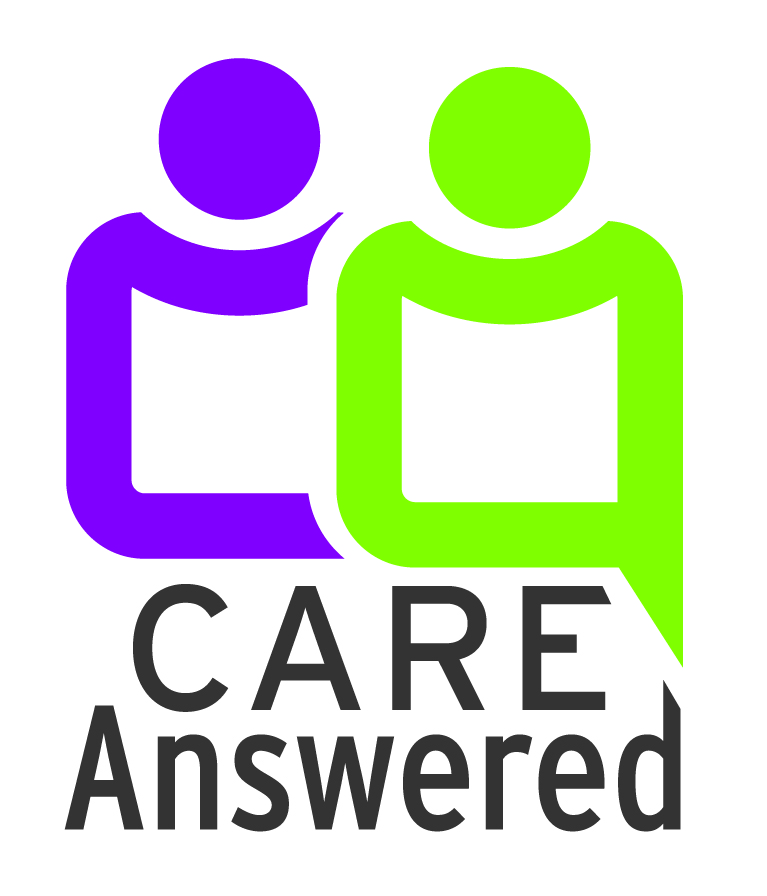“Your zip code is a better predictor of your health than your genetic code.” This statement is first attributed to Melody Goodman, an assistant professor at Washington University in St. Louis, who was discussing the social determinants of health at a conference in 2014. That phrase – the social determinants of health – is frequently thrown around by academics and researchers. But what, exactly, are these social determinants?
They are non-medical issues, such socioeconomic status, education, employment, neighborhood characteristics, support, and access to healthcare, that correlate closely with chronic disease and mortality. Simply stated, people who are poorer, less educated, and live in communities that lack access to healthcare and fresh food sources are sicker than those with higher educational levels, higher incomes and who live in wealthier communities. And the Coronavirus crisis has underscored this phenomenon.
By April, the Commonwealth Fund announced that researchers had already observed “troubling inequities” related to the pandemic. Its analysis of county-level data showed a higher incidence of Covid-19 infection as well as higher death rates among people who live in counties with larger black populations[1]. Hispanic populations also appear to be disproportionately affected by Covid-19. While race and ethnicity are not social determinants of health, communities with higher percentages of racial and ethnic minority residents tend to score high on social determinant factors.
Researchers in Texas found that one of the poorest zip codes in Travis County recorded a 187.5 percent increase in confirmed COVID-19 cases from April 13-20, with the number of cases doubling every 4.59 days. A nearby zip code recorded a 64.9 percent increase in cases during that same period, with an estimated doubling time of 9.7 days. Yet during that same week in April, ZIP codes that contain more affluent neighborhoods either saw no increase in Coronavirus cases, or recorded declines in the number of cases.
What Does This Mean for Me?
Regardless of your zip code, it is important that you focus on the social determinants of health to ensure that you and your family do not suffer needlessly from preventable chronic diseases and other health issues. Here are some steps you can take:
- Make sure that you have access to needed healthcare by establishing a relationship with a primary care doctor
- Get an annual check-up
- Undergo all recommended screenings
- Make an effort to be as physically active as you can
- Eat a healthy, well-balanced diet complete with at least five servings of fresh fruits and vegetables every day
Special Considerations During Covid-19
Because Covid-19 appears to hit certain populations harder than others, it is important that everyone takes steps to reduce their own risk of contracting the virus, as well as prevent the spread to others. This means:
- Practice excellent hand hygiene: wash your hands frequently with soap and water for at least 20 seconds
- Use hand sanitizer that is at least 70 percent alcohol if you do not have access to soap and water
- Avoid touching your eyes, nose and mouth
- Practice social distancing by maintaining six feet of space between yourself and others who do not share your home
- Wear a cloth face covering or mask when in public or in situations where social distancing is not possible
- If you choose to socialize, do so outdoors or in well-ventilated areas where social distancing is possible
- Avoid large crowds, especially at indoor spaces
Until there is a vaccine, Covid-19 will continue to be part of our lives. While the virus may infect any person regardless of race, age, or underlying medical conditions, increased severity of the illness and higher risk of death are associated with non-medical factors. Being aware of the social determinants of health is an important step to keeping yourself and your loved ones healthy.
[1] Source: The Commonwealth Fund, April 23, 2020. https://www.commonwealthfund.org/blog/2020/covid-19-more-prevalent-deadlier-us-counties-higher-black-populations
